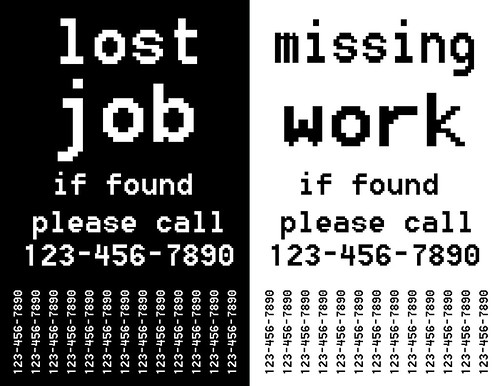Does unemployment hurt less if there is more of it around?
.This paper examines the presence of a habituation effect to unemployment: Do the unemployed suffer less from job loss if unemployment is more widespread, if their own unemployment lasts longer and if unemployment is a recurrent experience? The underlying idea is that unemployment hysteresis may operate through a sociological channel: if many people in the community lose their job and remain unemployed over an extended period, the psychological cost of being unemployed diminishes and the pressure to accept a new job declines. We analyze this question with individual-level data from the German Socio-Economic Panel (1984-2009) and the Swiss Household Panel (2’0022009). We find no evidence for a mitigating effect of high surrounding unemployment on unemployed individuals’ subjective well-being: Becoming unemployed hurts as much when regional unemployment is high as when it is low. Likewise, the strongly harmful impact of being unemployed on well-being does not wear off over time, nor do repeated episodes of unemployment make it any better. We find no evidence for a habituation – or social-norm – effect to unemployment. It thus appears doubtful that an unemployment shock becomes persistent because the unemployed become used to, and hence reasonably content with, being without a job.
Source: Oesch, Daniel and Lipps, Oliver, Does Unemployment Hurt Less if There is More of it Around? A Panel Analysisof Life Satisfaction in Germany and Switzerland (March 18, 2011).
Join 25K+ readers. Get a free weekly update via email here.
Related posts:





